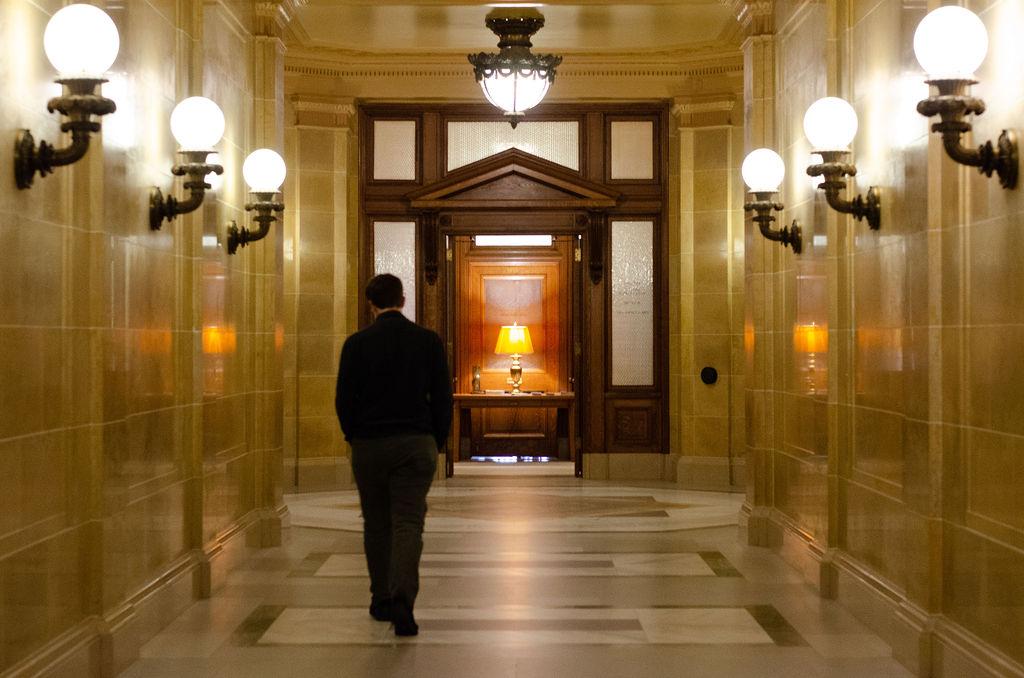Rep. Scott Johnson (R-Jefferson) and Sen. Rachael Cabral-Guevara (R-Appleton) proposed a bill that would give the Universities of Wisconsin $500,000 a year in funding for the Wisconsin Institute of Citizenship and Civil Dialogue.
Conservative lawmakers said WICCD was not given sufficient funding when it was created. The WICCD does not currently have enough money for a full-time director, according to the co-sponsorship memorandum.
The purpose of WICCD is to encourage conversations that support civil dialogue on campuses, according to the Universities of Wisconsin. Additionally, the WICCD helped oversee the Universities of Wisconsin’s GOP-backed free speech survey, which sought to collect data on students’ knowledge and experiences with the First Amendment.
Republican lawmakers said there was not adequate space for conservative voices after the free speech survey results indicated 64% of “very conservative” students felt pressure to agree with a specific political stance, compared to 15% of “very liberal” students.
ASM approves data security, student loan relief legislation in first meeting of semester
Professor emeritus of political science and affiliate faculty at UW–Madison Law School Howard Schweber said while the goal of an office dedicated to free speech is good, there are better ways to reach the goal than allocating more funding to the WICCD.
“I have for many years now suggested that an introduction of principles of free speech and academic freedom should be a mandatory part of the SOAR [Student Orientation, Advising and Registration] program,” Schweber said. “I’ve also recommended for years that there should be a campus-wide program to educate administrators in principles of free speech.”
Schweber said the biggest issue with the proposed bill is it does not target incoming students and administrators, which are the two groups his proposed education plans would ideally target.
Sen. Agard endorsed by current, former Dane County Executives
Associated Students of Madison Press Office Director Kate O’Malley said another concern with the bill is there could be an increase in potentially harmful speech, especially for students from marginalized communities. O’Malley said it’s important for the university to acknowledge student input as apart of its dedication to values of free speech.
“If we continue to prioritize free speech as a university, I think it’s really important that we also emphasize and restructure our hate and bias reporting systems to combat that issue to be more effective and helpful for students,” O’Malley said.
Schweber said that while free speech and partisanship on campuses are ultimately good, it is the role of administrators and faculty to ensure free speech does not cause harm or destruction.














